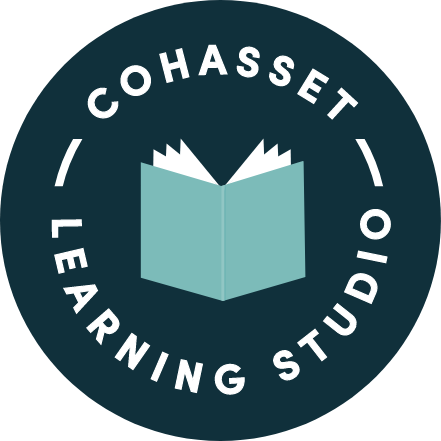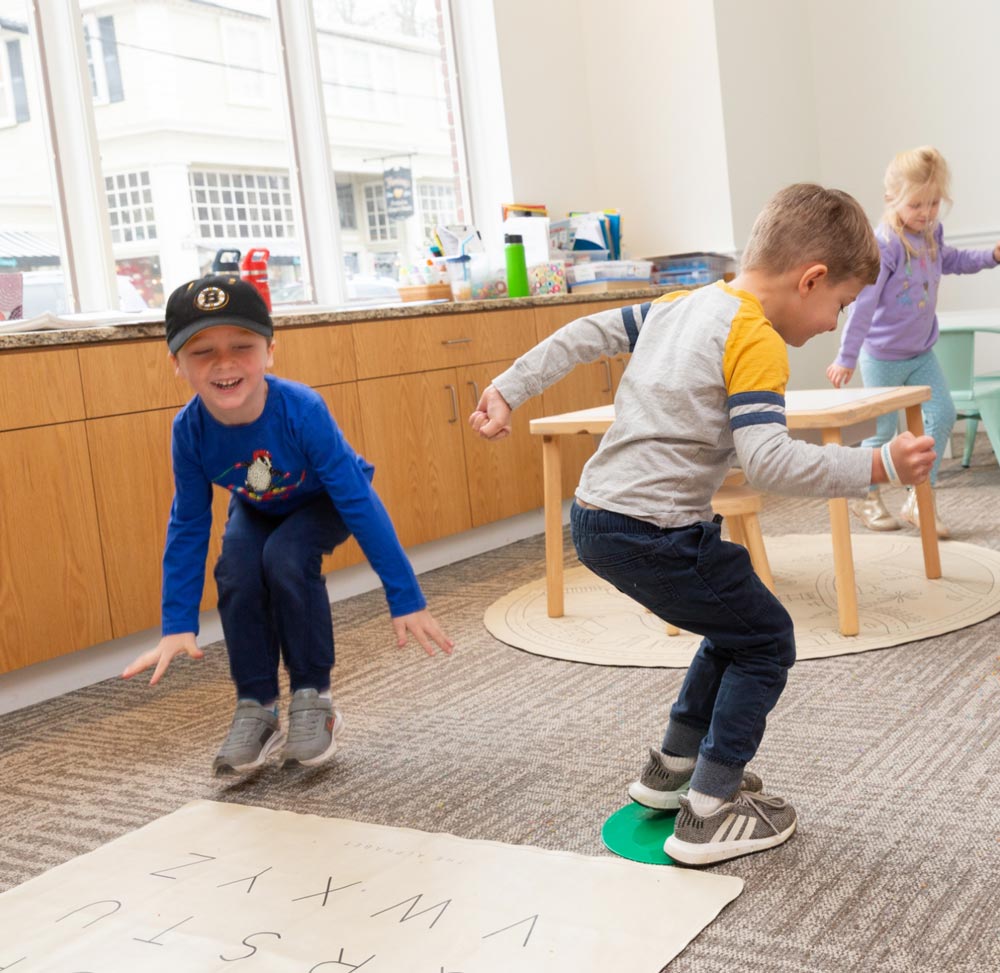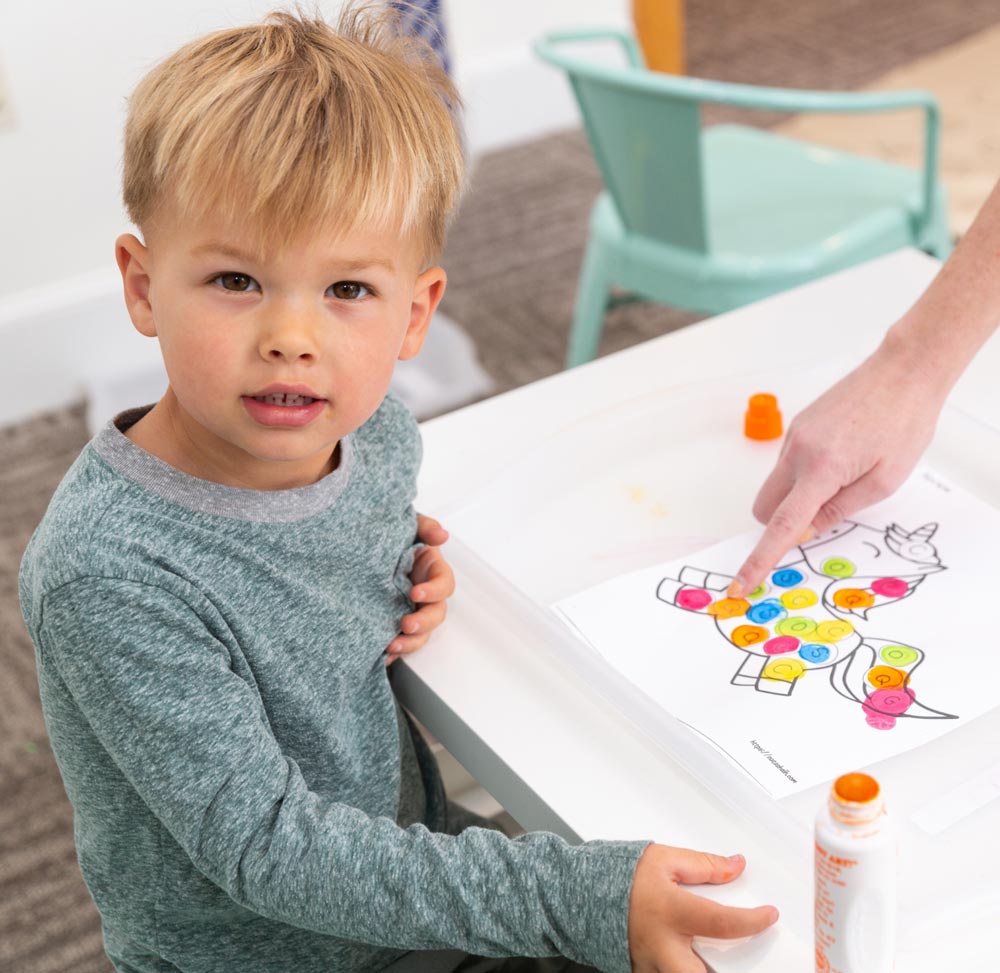Early Childhood Enrichment
We offer enrichment classes for children ages 3 to 5. The early childhood classes are specially designed to feel fun and engaging for small children yet are full of opportunities to develop critical foundational skills in literacy and math.



